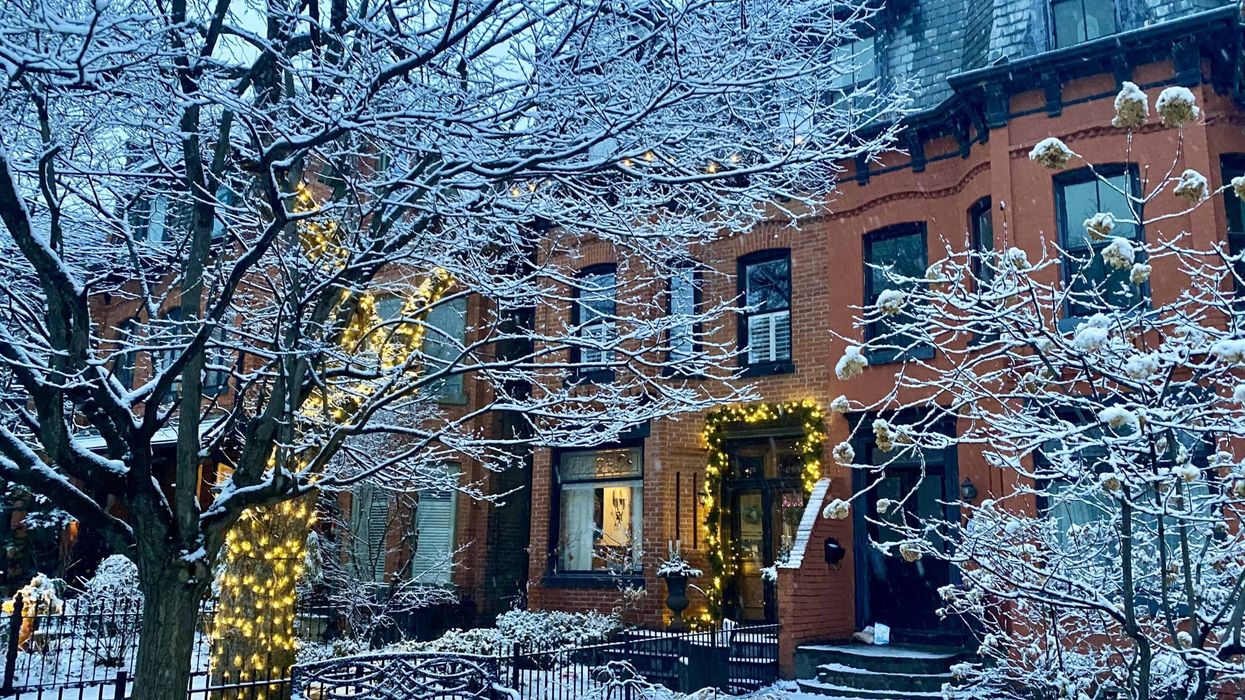With housing affordability becoming an increasingly urgent issue, the Toronto Regional Real Estate Board (TRREB) is calling for a number of changes to the Municipal Land Transfer Tax.
The proposed adjustments would increase the supply of homes for sale -- the lack thereof being the biggest source of affordability challenges -- while also providing financial relief for homebuyers.
TRREB President Paul Baron outlined the changes in a letter to City Council, and urged them to make housing affordability a priority in the 2023 Operating Budget.
"Housing affordability is arguably the most serious challenge facing Toronto," Baron said.
While the board supports Toronto's "reasonable and fair" property tax increase of 5.5%, it vehemently disagrees with the Municipal Land Transfer Tax and any potential increases to it.
The city has proposed a 1% increase to the Municipal Land Transfer Tax for "luxury" homes priced over $2M, a move that worries roughly two-third of Torontonians. Such a price point is far from opulent by Toronto standards, where the average price of a detached home in 2022 was $1.8M.
The board warned that increasing the "already high" Municipal Land Transfer Tax risks discouraging move-up buyers from listing their properties, thereby interrupting the regular progression of homes through the market and further reducing supply. Pointing to studies conducted by the C.D. Howe Institute and the University of Toronto, TRREB said the Municipal Land Transfer Tax reduces housing supply by 16% each year.
"TRREB continues to disagree with the MLTT in principle, and strongly believes that prudent budgeting means that the City should be relying less on this revenue, not more, to guard against potential volatility in expected revenue," Baron said.
The board is also calling for the Municipal Land Transfer Tax first-time buyer rebate and rate thresholds to be adjusted for inflation. When the rebate was first implemented in 2008, it was designed to reflect the average price of a Toronto home. At the time, that was $415K. In 2022, it was $1,140,595. But the rebate's maximum of $400K has remained unchanged.
According to the board's calculations, a first-time buyer who purchases an average-priced property now pays over $30K, even after rebates are applied, between municipal and provincial land transfer taxes.
As the tax's rate structure continues to reflect 2008 housing prices, many first-time buyers are faced with the highest rates, even if their home is well below Toronto's current average home price.
City Council's goal of providing relief to first-time buyers is "clearly" not being met, the board noted, and the rebate's value has been rendered "inadequate."
"TRREB has repeatedly informed all levels of government that the cause of housing affordability challenges is an inadequate supply of housing and a lack of the right types of homes," Baron said.
"City Council should be doing whatever it can to increase the supply of homes to assist residents with homeownership and rental supply."
The 2023 Operating Budget will be deliberated by City Council on February 14.





















